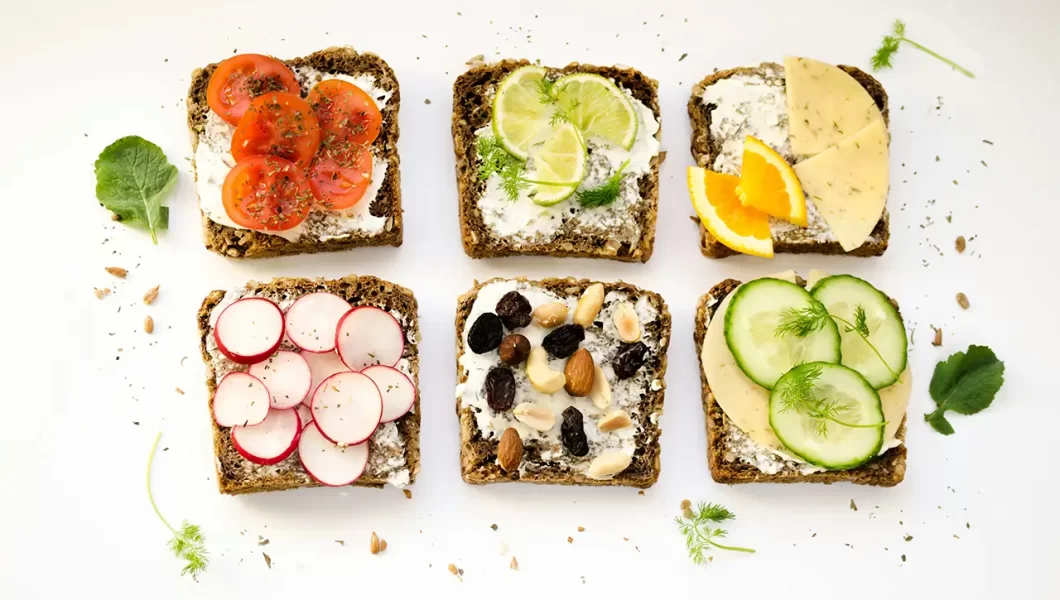Whether you’re a busy professional, a parent juggling multiple responsibilities, or simply someone looking to improve their eating habits, planning your meals in advance can be a game-changer. In this comprehensive guide, we’ll walk you through the step-by-step process of creating a weekly meal plan that suits your lifestyle and dietary preferences.
Why Meal Planning Matters
Before diving into the nitty-gritty of meal planning, let’s take a moment to understand why it’s worth the effort. Meal planning offers a range of benefits, including:
- Healthier Eating Habits: By strategizing your meals in advance, you’re more likely to make nutritious choices and avoid relying on fast food or unhealthy snacks.
- Time and Money Savings: Planning ahead can save you time during the week by reducing the need for last-minute grocery runs and meal prep. Additionally, buying ingredients in bulk and avoiding impulse purchases can help you save money in the long run.
- Reduced Stress: Say goodbye to the daily dilemma of “What’s for dinner?” With a meal plan in place, you’ll feel more organised and less stressed about meal times.
Step 1: Assess Your Eating Habits
Before you can start meal planning, it’s essential to assess your current eating habits. Take a moment to reflect on:
- Your dietary preferences
- Any dietary restrictions or allergies
- Your typical schedule throughout the week
Understanding these factors will help you tailor your weekly menu to suit your needs and preferences.
Step 2: Set Your Goals
What do you hope to achieve through meal planning? Whether your goal is to lose weight, maintain a balanced diet, or simply eat more healthily, having a clear objective in mind will guide your meal planning decisions.
Step 3: Choose Your Meals
Now comes the fun part – selecting your meals for the week ahead! Aim for variety by including a mix of proteins, carbohydrates, and vegetables. Consider trying out new recipes alongside your tried-and-tested favourites to keep things interesting.
Step 4: Make a Shopping List
Once you’ve decided on your meals, it’s time to compile a shopping list. Check your pantry and fridge to see what ingredients you already have on hand, then make a comprehensive list of everything you’ll need for the week ahead.
Step 5: Allocate Time for Meal Preparation
Meal preparation is key to successful meal planning. Look at your schedule for the upcoming week and set aside time for tasks such as:
- Batch cooking
- Chopping vegetables
- Marinating proteins
By preparing as much as possible in advance, you’ll streamline the cooking process and save time during the week.
Step 6: Grocery Shopping
Armed with your shopping list, head to the grocery store and stock up on all the ingredients you’ll need for the week. Try to stick to your list to avoid impulse purchases, and opt for fresh, seasonal produce whenever possible.
Step 7: Meal Prep
With your groceries in hand, it’s time to get cooking! Dedicate a block of time, such as a Sunday afternoon, to prepare as much of your meals as possible in advance. This might involve cooking grains, roasting vegetables, or portioning out snacks for the week ahead.
Step 8: Store Meals Properly
Proper storage is essential to keep your meals fresh throughout the week. Invest in airtight containers and label them with the date to help you keep track of freshness. Consider freezing meals that won’t be consumed right away to extend their shelf life.
Step 9: Stick to Your Plan
Throughout the week, refer back to your meal plan and stick to it as closely as possible. This will help you avoid the temptation of ordering takeout or reaching for unhealthy convenience foods.
Step 10: Evaluate and Adjust
At the end of the week, take some time to reflect on how well your meal plan worked for you. Did you achieve your goals? What adjustments would you like to make for the following week? Use this feedback to refine your meal planning process moving forward.
Conclusion
Congratulations – you’ve mastered the art of meal planning! By following these simple steps, you can enjoy healthier, more organised meals without the stress and hassle of last-minute decision-making. So why wait? Start planning your next week’s meals today and reap the benefits of a well-planned menu. Happy cooking!








No Comments